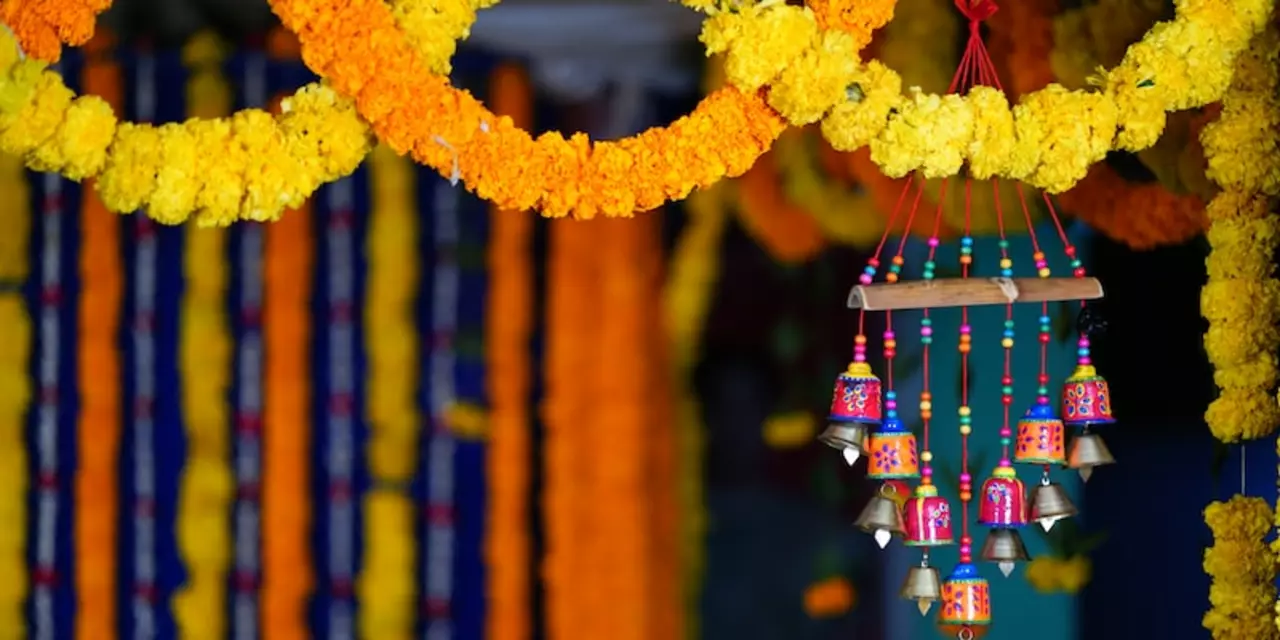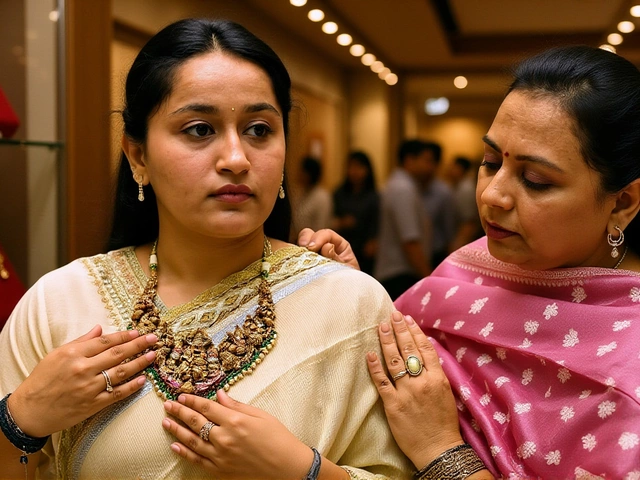Exploring the Reasons Why India is Not a Popular Destination for Expats
India is a beautiful country with an incredibly diverse culture, rich history, and a vibrant population. Despite its many positives, however, India is not seen as a popular destination for expats looking to relocate. The country has a complicated and often confusing bureaucracy and infrastructure, which can be daunting for those unfamiliar with the country. Additionally, the cost of living in India can be high, especially in major cities like Mumbai and Delhi.In addition to the above-mentioned financial considerations, there are also social and cultural factors that make India a less attractive destination for expats. The language barrier can be significant, as English is not the primary language in India. Additionally, the customs and traditions of Indian culture can be intimidating for those not familiar with the country. Lastly, India’s population density can make it difficult for expats to find adequate housing and transportation, which can be a source of frustration and stress.
For these reasons, India is not viewed as an attractive destination for expats looking to relocate. While the country offers a great deal of potential, there are also a number of factors that can make it complicated and difficult for those unfamiliar with the country. For those looking to relocate, it may be wise to consider all the factors before making the decision to move to India.
Why India is Not an Ideal Place to Settle Down for Foreigners
India is a country full of culture, history, and beauty, but it is not necessarily the best place for foreigners to settle down. Living in India can be quite overwhelming for foreigners due to a variety of reasons. Here are some of them:1. Language Barrier: India is a country with many languages and dialects. Even if a foreigner learns one language, they may not be able to communicate with people in another region. This makes it difficult for foreigners to interact with locals and get around.
2. Poor Infrastructure: The infrastructure of many cities in India is not up to international standards. Foreigners may find it difficult to access basic amenities such as clean water, electricity, and transportation. This can make living in India quite uncomfortable.
3. Poor Hygiene: India is known for having poor standards of hygiene. This can be a huge deterrent for foreigners as they may have to deal with a variety of illnesses and health risks.
4. Bureaucracy: India has a complex bureaucracy that can make it difficult for foreigners to get things done. This may include getting visas, permits, and other documents that are required for settling down in India.
5. Cost of Living: India is not known for being a cheap place to live. The cost of living in some cities can be quite high, which is not ideal for foreigners who are looking for a low-cost option.
These are just some of the reasons why India is not an ideal place for foreigners to settle down. Foreigners may find it difficult to adjust to the culture and lifestyle in India, and they may not be able to find the amenities they need to live comfortably.
Examining the Challenges Faced by Expats Living in India
For many people, India is an exotic and fascinating place to visit, with its vibrant culture, rich history, and diverse landscape. However, when it comes to living in India, there are a number of challenges faced by foreigners that make it a less attractive option.One of the biggest challenges faced by expats living in India is the language barrier. India is home to over 22 official languages, and while English is commonly used in business and tourism, locals often do not understand it. This means that expats often have difficulty communicating with locals, and even with other foreigners. Furthermore, many Indians do not even understand basic English, making it difficult for expats to find jobs and get around.
Another challenge faced by expats living in India is the cost of living. Although India is a relatively inexpensive place to live, it can be difficult for expats to find affordable housing and basic amenities. In addition, the cost of food and other necessities can be higher than in other parts of the world.
Finally, expats living in India often face cultural and social challenges. The country has a complex social structure, with many different religions and ethnicities. As a result, expats may not feel at home or be accepted by the local population. Furthermore, India has a strong caste system, which can make it difficult for expats to fit in and be accepted.
For all these reasons, it is not surprising that India is not a popular destination for expats. Despite its many attractions, the challenges faced by foreigners living in India make it a less attractive option for many people.
Assessing India's Infrastructure and Quality of Life for Foreigners
India is a vast and diverse country, and it has much to offer in terms of culture, history, and sights to see. However, when it comes to the quality of life and infrastructure for foreigners, India falls short. Many foreigners are hesitant to consider moving to India due to its underdeveloped infrastructure, lack of reliable public transportation, and limited access to foreign goods and services.Public transportation in India is unreliable and often overcrowded. Roads and highways can be difficult to navigate and are prone to traffic jams. Additionally, India's airports and railway stations are often overcrowded and can be difficult to navigate. This makes it difficult for foreigners to get around, especially if they are unfamiliar with the region. Furthermore, the quality of housing and other public services in India is often not up to western standards.
The cost of living in India is also generally higher than in other countries. This is due to the fact that many goods and services are imported from abroad, and the cost of these goods and services is reflected in the pricing of goods and services in India. Additionally, the Indian economy is still largely reliant on agriculture and small businesses, which can make it difficult for foreigners to find good job opportunities.
Finally, India has a reputation for being a dangerous place for foreigners. The crime rate in India is high and there are many areas where foreigners are advised not to travel due to the risk of kidnapping, robbery, and other crimes. Additionally, there is a lack of trust in the police and other law enforcement officials, which can make it difficult for foreigners to get help if they find themselves in a dangerous situation.
For these reasons, many foreigners are hesitant to consider India as a place to live. However, if you are willing to make the necessary adjustments and accept the challenges that come with living in India, it can be an incredibly rewarding experience. With its vibrant culture, stunning natural beauty, and unique opportunities, India can be a great place to live and work.
Understanding the Cultural Barriers That Keep Foreigners Away From India
India is a beautiful and diverse country full of culture, history, and vibrant people. Unfortunately, many foreigners don’t consider India to be a viable place to live. The reasons behind this are complex and varied, but a major factor is the cultural barriers that exist between India and many other countries.One of the biggest cultural barriers is language. Although English is widely spoken in India, it is far from the only language spoken. Many people in India speak one or more of the many local dialects, and this can make it difficult for foreigners to communicate. Additionally, many Indians may feel uncomfortable communicating in English, which can make it difficult to form meaningful relationships.
Another major cultural barrier is religion. India is home to a variety of religions, including Hinduism, Islam, Christianity, Sikhism, and Buddhism. Foreigners may not be used to living in a place with such a diverse range of religious beliefs and practices. This can be especially difficult for those who practice a different religion than the majority of Indians.
Finally, customs and traditions can be a major obstacle for foreigners. India has a rich and vibrant culture, but it can be difficult for outsiders to understand and appreciate. This can lead to feelings of alienation, as they may not feel accepted by the locals.
There is no doubt that India is a great place to live. However, the cultural barriers that exist between India and many other countries often make it difficult for foreigners to consider living there. It is important to understand and respect the differences that exist between cultures in order to create a more welcoming atmosphere for everyone.





